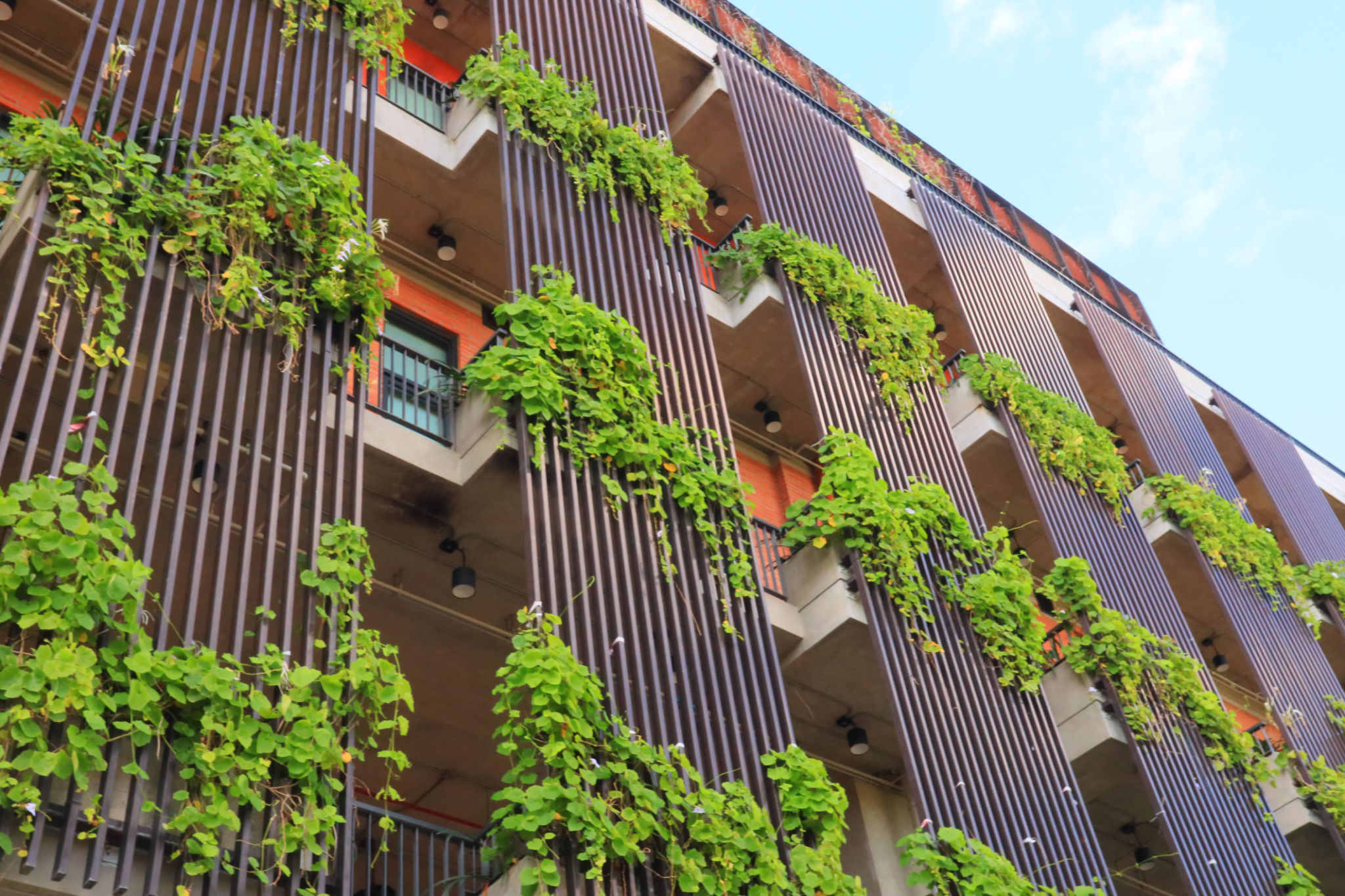Navigating Local Building Regulations in Abu Dhabi: A Contractor's Guide
Understanding Local Building Regulations
For contractors operating in Abu Dhabi, a thorough understanding of local building regulations is not just beneficial—it’s essential. The intricate web of rules and guidelines ensures that all constructions meet safety, environmental, and aesthetic standards. Navigating these regulations can be complex, but with the right knowledge, contractors can ensure compliance and avoid costly delays.
Abu Dhabi's building regulations are designed to maintain the city's architectural integrity while promoting sustainability and innovation. These regulations are overseen by the Department of Municipalities and Transport (DMT), which provides comprehensive guidelines across various aspects of building construction and renovation.

Key Regulations to Consider
Permits and Approvals
Before commencing any construction project, securing the necessary permits and approvals is crucial. The process typically involves submitting detailed plans and specifications to the relevant authorities. It’s important to account for time in the project timeline for these approvals, as they can take weeks or even months to secure.
Working closely with local architects and engineers who are familiar with the regulatory landscape can streamline the approval process. They can provide valuable insights into what authorities look for, ensuring your submissions meet all requirements.
Construction Standards and Codes
Abu Dhabi adheres to stringent construction standards to ensure the safety and quality of buildings. These standards cover everything from structural integrity to electrical and plumbing systems. Contractors must stay updated on the latest codes and practices, as non-compliance can lead to project shutdowns or penalties.

Environmental Considerations
Sustainability Requirements
Sustainability is a core focus in Abu Dhabi’s building regulations. The city encourages the use of eco-friendly materials and practices to reduce environmental impact. This includes energy-efficient designs, waste management plans, and water conservation techniques.
Contractors should integrate sustainable practices into their projects from the onset. Not only does this ensure compliance, but it also aligns with global trends towards green building, potentially increasing the market value of properties.
Impact Assessments
For larger projects, an environmental impact assessment (EIA) may be required. This assessment evaluates the potential effects of a project on the surrounding environment. Preparing a comprehensive EIA report can facilitate smoother regulatory approvals and demonstrate a commitment to sustainable development.

Navigating Challenges
Despite best efforts, contractors may encounter challenges when dealing with local building regulations. Common issues include delays in obtaining permits, unexpected changes in regulations, or disputes over compliance. Proactively addressing these challenges requires robust project management and clear communication with stakeholders.
Engaging a legal advisor familiar with Abu Dhabi’s construction laws can be invaluable. They can help navigate disputes and interpret complex regulations, ensuring that your project remains on track.
Conclusion
Successfully navigating local building regulations in Abu Dhabi requires diligence, expertise, and foresight. By understanding the regulatory framework and aligning projects with environmental standards, contractors can ensure compliance and foster sustainable growth. Staying informed and working collaboratively with local experts will pave the way for successful construction projects in this vibrant city.